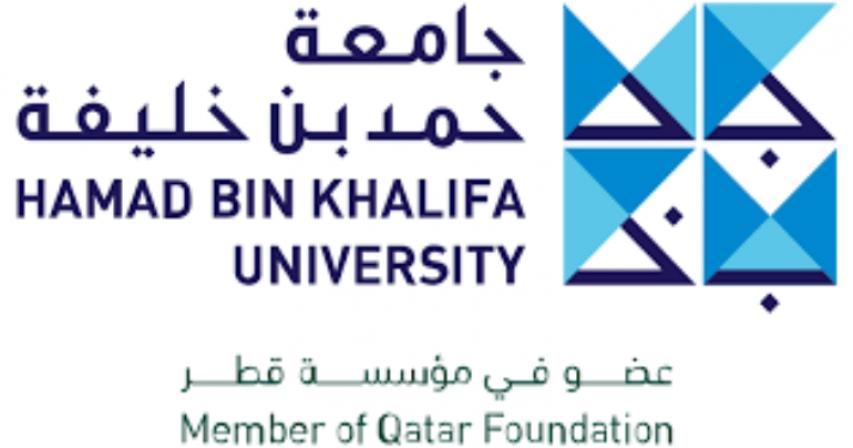President of Hamad Bin Khalifa University (HBKU) Dr. Ahmad Mujahid Omar Hasnah, has affirmed that the university’s programs depend on future foresight and working on meeting current needs, as well as keeping pace with the country’s strategic directions.
In an exclusive interview with Qatar News Agency (QNA) he said that HBKU is considered a part of the educational system of Qatar Foundation, which is based on the continuous development of education, and an attempt to fast-forward the present towards the future and to develop plans that respond to the changes.
The university made the transition of educating remotely while preserving the same educational quality within a short period, due to its presence in the QF environment, prepared in terms of technological infrastructure, flexibility to keep pace with changes, readiness to deal with crises, and as an environment that stimulates development and creativity, explained Dr. Hasnah.
He said that future of education will be an integrated education that includes the presence of the student in the classroom at a time while discussions and teamwork continue online, adding what this opportunity provides in terms of attracting new students, faculty members, researchers, and experiences from various countries of the world without the need for them to be present in Qatar, and this supports the educational process and improves the quality of education within the educational system of QF.
On the university’s role in supporting the development of multiple sectors in the country, the region, and the world, after over ten years of its establishment, HBKU President said that the world today is experiencing rapid changes, and it is expected that the future will witness faster changes, both in terms of the pace of change in the education sector, professions, and others.
On the importance of research in the educational process and the opportunities it provides for young people, especially since HBKU is mainly research-based, Dr. Hasnah said that scientific research develops the student’s skills and grant them opportunities to make an impact in their country as an active citizen capable of producing and dealing with major national challenges as well as finding solutions to problems related to climate change, cybersecurity, and others.
The university provides Interdisciplinarity; as the sustainable energy program enables engineering students to learn about the aspects related to renewable energy, while it also enables public policy students to learn how to formulate public policies to achieve sustainability, and allows law students to understand the foundations from which the mandated legislation was launched with sustainability, he explained, adding that from this standpoint, the student graduates having knowledge in various scientific and societal aspects, alongside their specialisation.

Comments